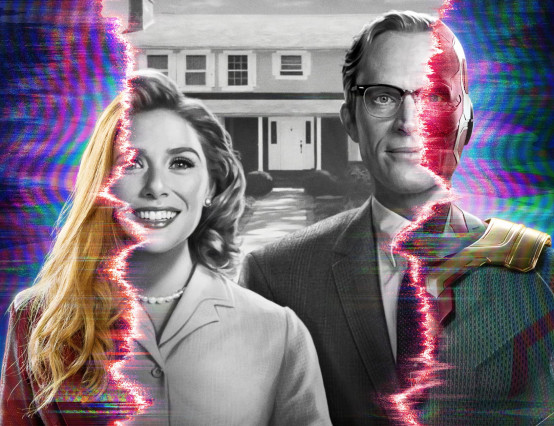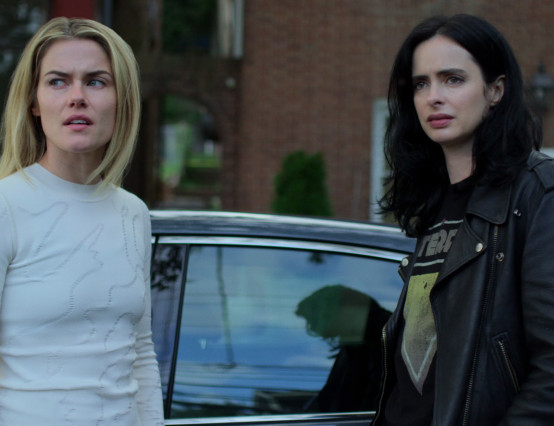It was recently announced that the government were planning to extend the blue badge scheme to people with invisible impairments, including those with autism and mental health difficulties. This is extremely positive news. It shows that the government is finally making steps in the right direction towards society acknowledging that invisible impairments need to be recognised and supported as much as visible impairments, and that we need to acknowledge all disabilities and health problems, not just physical disabilities.
Many people with autism and mental health problems struggle with public transport. It’s loud, unpredictable and crowded. There is little to no personal space and it causes anxiety. Some use cars as a method of preferred travel but it can be extremely stressful to park away from where the destination is. For those people, the heading into the unknown, the unpredictability of not knowing where to park, the disabling panic that they won’t be able to park and the worry about the long walk and anxiety that journey will bring can actually stop individuals from making that journey in the first place. Many people who have these conditions can find it difficult to make journeys and to travel, and the blue badge will ease this process and help disabled individuals actively engage in the world. It will encourage disabled people to do more and achieve more than they could before.
What has most upset me about this news breaking is the most ridiculous comments on every single news website. These comments prove that the world is being brainwashed by Tory mentality. Thousands of people have taken the time to comment with suggestions that those people with mental health problems and autism or any invisible disability are going to abuse this new system, and use it to their advantage when they don’t need to use a blue badge. This is the same mentality that poured so much weight into introducing benefit cuts, and catching the ‘cheaters and liars’, the ‘frauds who were claiming all these unnecessarily billions in disability benefits.’
What people seem to forget is that this didn’t’ actually happen. No money was saved from the benefit cuts. In fact, it ended up wasting money, once you’d factored in the cost to hire people to put the cuts into place. And, guess what? It turned out that pretty much none of those claiming benefits were fraudsters. They all met the criteria, so, the targets to remove ‘fraudulent’ people from the benefit list weren’t met, and more money was wasted fighting court cases. Worse still, it resulted in multiple deaths of disabled people who didn’t receive the help they needed, and that could have been prevented by the right support.
Yet clearly the mentality that those with invisible disabilities are faking their needs is still highly prevalent and toxic in society. The people who suggest that those with autism and mental health difficulties will abuse the system clearly have never tried to fill in the many forms and applications in applying for any of this stuff. They haven’t experienced the hoops you tend to have to jump through to get this kind of support. It’s a lengthy process, taking hard work and dedication just to get through the paperwork and meet the criteria. It really isn’t easy to get a blue badge even with a severe physical disability.
People with invisible disabilities, such as autism, will find even applying for a blue badge and the process involved an extremely stressful ordeal, so the idea they would do this and go through this just to cheat the system is laughable. Everyday life is already difficult. Nobody is going to apply if they didn’t seriously need it. It’s a lot of paperwork, box ticking, and a whole load of stress that nobody with any type of disability is going to go through if they did not need it. It’s simply not worth the bother.
I am writing this article because I am really fed up of constantly hearing prevailing attitudes that invisible disabilities should be put below the priorities of visible disabilities. Allowing the blue badge to extend to invisible disabilities is clearly a step in the right direction towards changing these attitudes. All disabilities should get access to the support they need, dependent on each individual case, each individual’s own requirements and personalised needs. One person with autism might not need a blue badge, while another might desperately need it. You cannot put everyone into the same box and say just because they have this labelled disability that their needs are the same as someone else with the same disability. It’s well documented that everyone on the autistic spectrum is affected differently, and has different needs. People with mental health problems can be severely or mildly affected, and can need different kinds and levels of support. In fact, any visible or invisible disability affects people differently. There isn’t one solution for everyone with these diagnoses.
There were people commenting on forums stating that they were autistic or that they had mental health problems and would never consider applying for a blue badge or stealing it from a physically disabled person. These people exclaimed that they weren’t lazy and were happy to walk a few extra steps rather than take a parking space away from someone who needs it.
It’s a completely irrelevant argument. Again, just because one person with an invisible disability doesn’t need a blue badge, it doesn’t mean that it’s the same for everyone. Disabled people aren’t lazy. They are fighters. Champions. Every day is a struggle to be ‘normal’. To enter the world. To push to be stronger and work harder. If they were lazy they wouldn’t apply for a blue badge. They would still be at home, in bed, unable to face the world. No, these people are strong. They made it out of the house. They won the war with their anxieties and reached their destination. They fought through the difficulties and made it into the outside world. You can’t be lazy to fill in these forms. A lazy person wouldn’t even bother.
I want to live in a world where we don’t automatically assume that people are dishonest. I want to live in a world where rather than bring each other down, we lift each other up. We lift up those who are struggling and help those who need it. I want us to help the vulnerable people who need support and assistance. I want everyone to have an equal chance at enjoying life. You should never judge a book by its cover – just because you can’t see difficulties or struggles doesn’t mean it is not there. You don’t know what a person is going through. You don’t know what help they need. Only they know that, and you need to trust them. If a person has a disabled badge then they have every right to use it. If a person uses a disabled toilet they have every right to use it. If a person is receiving disability benefits then they need that money to live. Stop assuming that because you can’t see the disability that it isn’t there. Stop assuming that everyone is in it for themselves. Please love each other and love everyone equally regardless of disability or visibility. Imagine how amazing the world could be if that happened.










Thank you for writing this. I feel really understood!